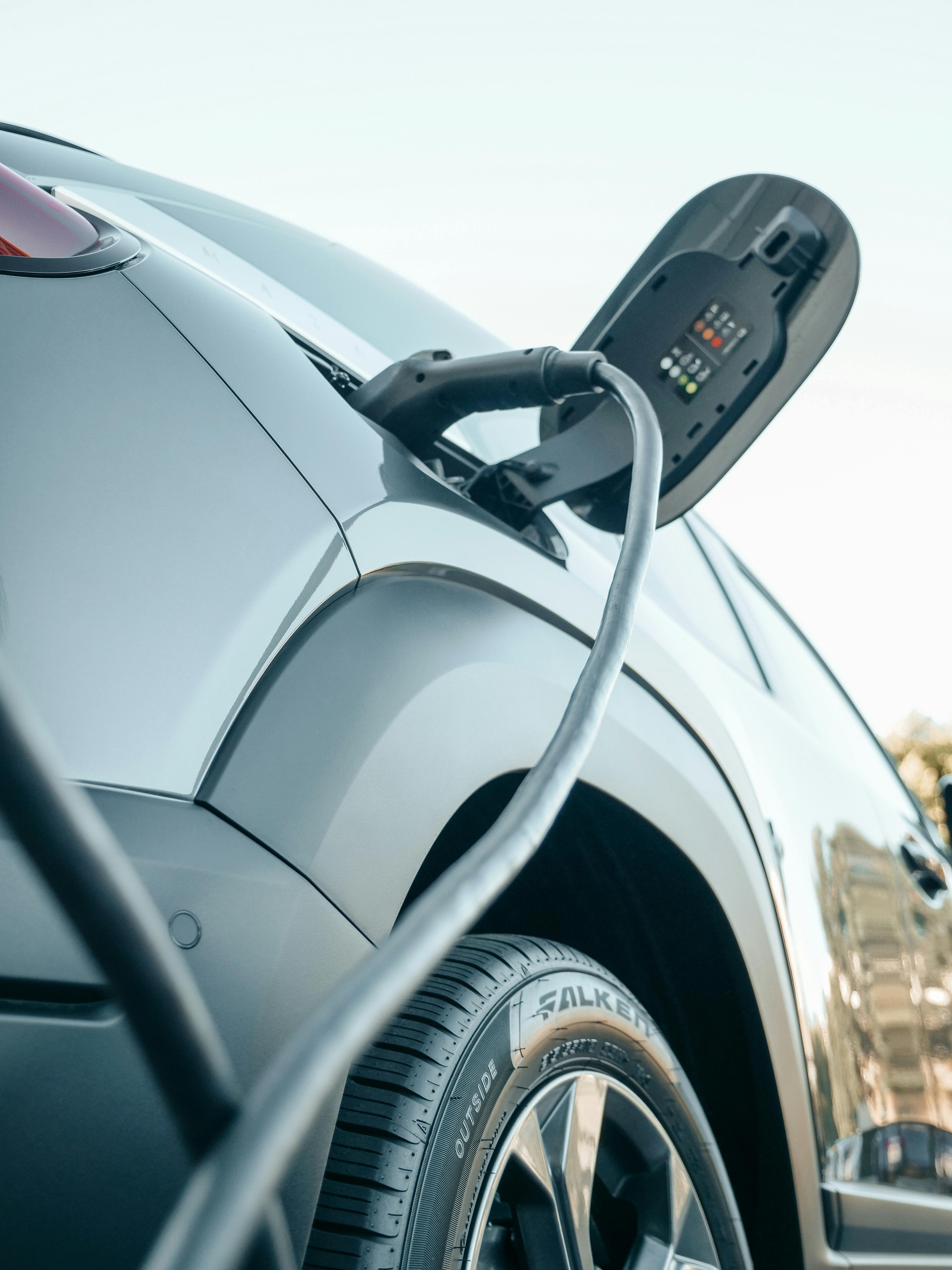Supporting EV Growth with Precision Sensors

Automobile and other vehicle manufacturers rely on a host of precision sensors to monitor and manage performance, safety and comfort. As the industry continues to electrify, many sensor applications easily transfer from internal combustion engine (ICE) to electric (EV) and hybrid vehicles.
Electrification also introduces several new applications for sensors. And as the industry continues to evolve to reduce charging times and extend range, the precision and quality of the sensors used in electric vehicles (EVs) and EV chargers becomes more important than ever.
Sensience has a long history of supporting the automotive industry as the Therm-O-Disc business of Emerson. Now, as a standalone company we are leveraging our deep automotive experience to advance sensing technology to meet the growing functional needs of EVs and hybrids— and the charging infrastructure that supports them.
Protecting the Safety of EV Battery Charging Infrastructure
Most experts agree that increased adoption of EVs depends to a large degree on the expansion and evolution of the current charging infrastructure, particularly growth in publicly accessible fast-charging ports. According to the U.S. Department of Energy’s National Renewable Energy Laboratory, the U.S. alone will need 182,000 publicly accessible fast-charging ports along highway corridors and in local communities by 2030.
Because more current is being delivered through the charging nozzle and into the vehicle charging inlet, fast charging raises the bar for temperature management in the charging port and the vehicle. Without proper temperature management in a fast-charging port, the temperature in the charging nozzle can reach over 270° C (518° F) during a 10-minute charge.
Like high-performance computers, fast-charging ports rely on liquid cooling systems to manage the heat generated during charging. Temperature sensors integrated with the liquid cooling system enable continuous monitoring to ensure the coolant is effectively dissipating heat and temperatures remain within the range at which charging speed is optimized and safety is maintained.
Sensience precision thermal sensors are engineered to meet the demands of fast-charging ports. They feature an integrated PCBA for communication to the charger’s thermal management control system and can be configured to a range of application requirements. Standard options include ceramic, plastic or copper shells; a configurable RT curve; and NTC, PTC and PT1000 sensing elements. With accuracy of +/-1%, 0.5° C at 25° C and a response time under 4 seconds in water, these sensors provide the speed and accuracy fast charging requires while delivering the reliability that is a hallmark of Therm-O-Disc sensors.
Monitoring Temperature Across the EV Charging Chain
Sensors play an equally important role in maintaining safety as current moves into the charging inlet and to the onboard charger and battery.
Like the charging nozzle, the vehicle’s power inlet can be subject to overheating without precision sensing that can trigger a disconnect if temperatures become unsafe. Sensience temperature sensors play a similar role in this application as they do in the charger, providing the same functionality and the same level of accuracy, responsiveness and reliability.
For the onboard charger, Sensience offers thermistors with an operating range from -40° C
(-40° F) to 150° C (302° F) and a thermal response configurable to the application. These temperature sensors help ensure safe and efficient battery charging and protect vehicle components from damage due to overheating.
Battery Temperature Sensors
Perhaps nowhere is reliable temperature sensing more important than in the EV battery: the lithium-ion batteries commonly used in EVs today can be subject to thermal runaway if heat is not properly managed. Sensience NTC thermistors and PT1000 RTDs can be configured to monitor temperature within individual cells and the entire battery for different battery designs and sizes.
Our engineers can also work with OEMs and battery manufacturers to develop advanced sensing solutions for emerging battery chemistries such as solid state, lithium sulfur and sodium ion. Our lab facilities support testing for performance and reliability of new sensing solutions, including automotive-specific tests, such as saltwater immersion, vibration, mechanical shock, gravel bombardment, torque, and helium leakage.
Protecting Other Components in Electric Vehicles
The charging chain isn’t the only area where sensing requirements differ between ICE and EVs. Temperature sensors are a key component in EV motor design, enabling the continuous monitoring and active thermal management of the motor to optimize performance, efficiency, and longevity. Our EV sensor motor platform offers a compact form factor with a glass bead element and dual PFA tube. With an operating range that extends up to 200° C (392° F), these NTC sensors deliver outstanding reliability in high-temperature environments.
Sensience EV hermetic terminal and e-compressor product platforms are available in various configurations to improve fit and prevent leakage in the connections between the inverter and the motor and the motor and e-compressor. These products feature industry-leading specifications with a range of customizable options to optimize sealing and fit.
Sensience also supports the EV industry with coolant and refrigerant temperature sensors that work with the vehicle’s thermal management system. Our NTC thermistors are available with threaded or push-in attachments and deliver the accuracy and responsiveness required to facilitate efficient heat distribution to reduces battery power consumption.
Supporting the Growth of the EV Industry
Sensience has the expertise, scale, product portfolio and commitment to innovation to meet the growing and evolving sensing requirements of vehicle electrification. From designing sensors that enable the growth of fast charging and anticipate changing battery pack requirements to interconnecting temperature management across the charging chain, we are focused on providing right-fit solutions that deliver the best safety features, utilizing a host of advanced materials and innovative designs. To learn more about our EV portfolio, contact us.